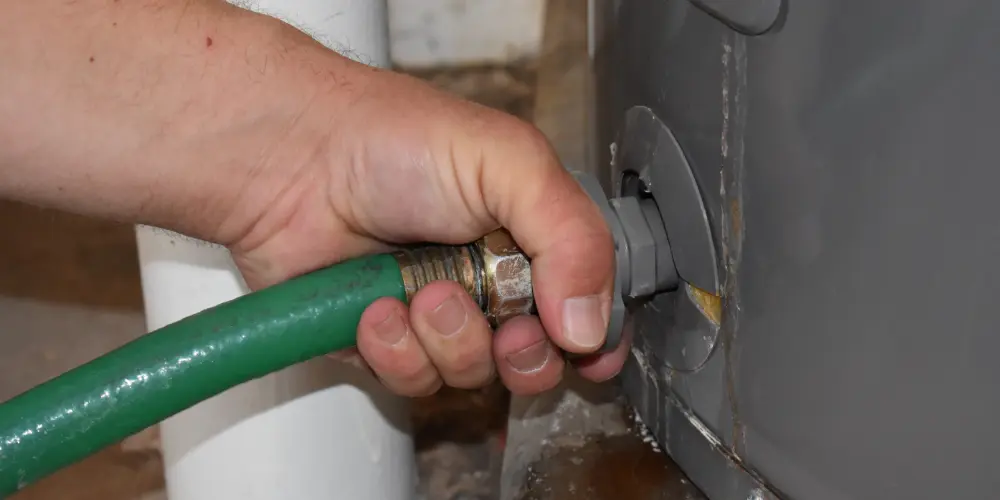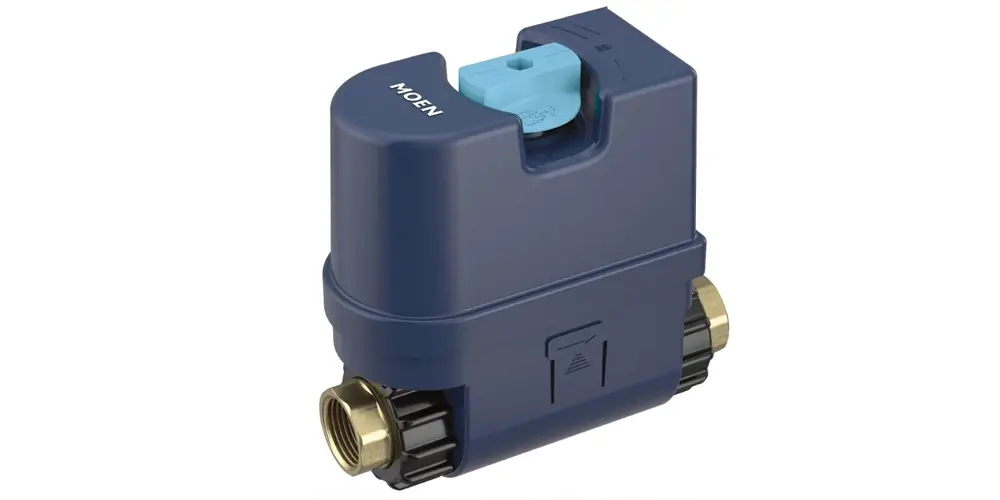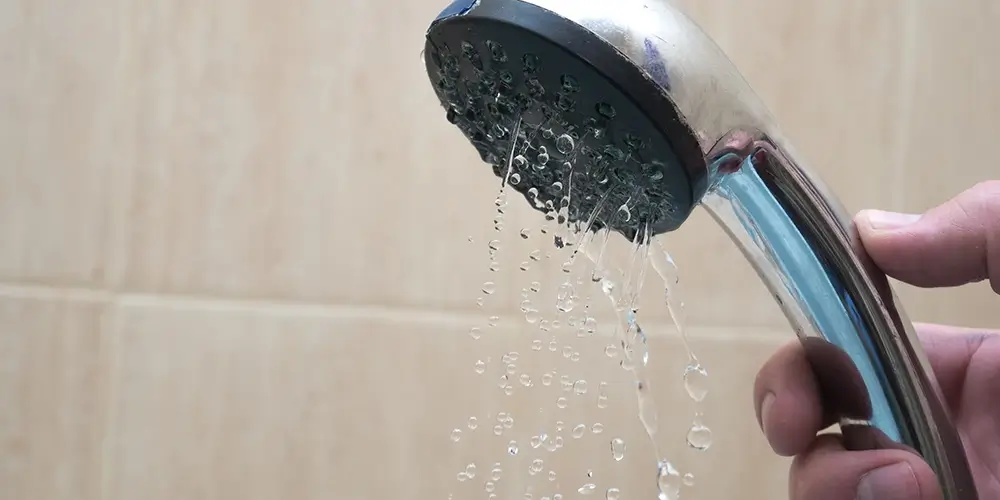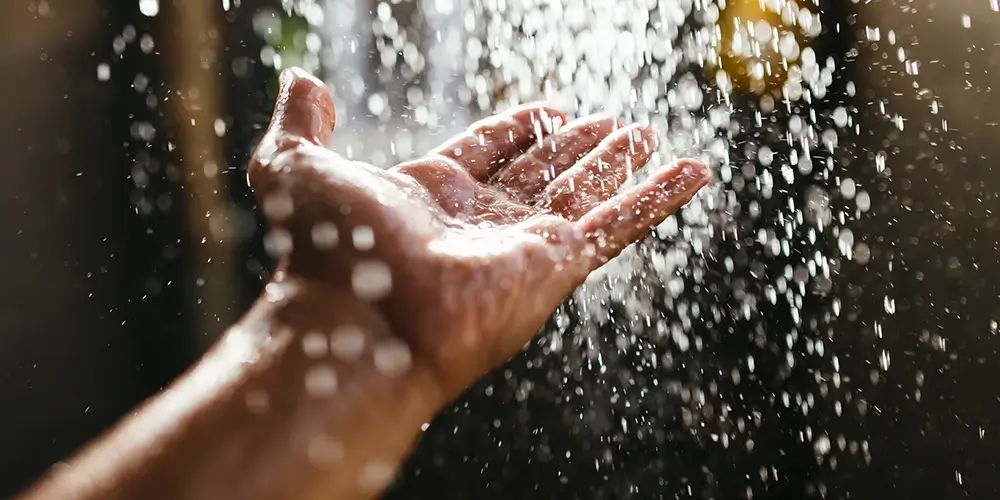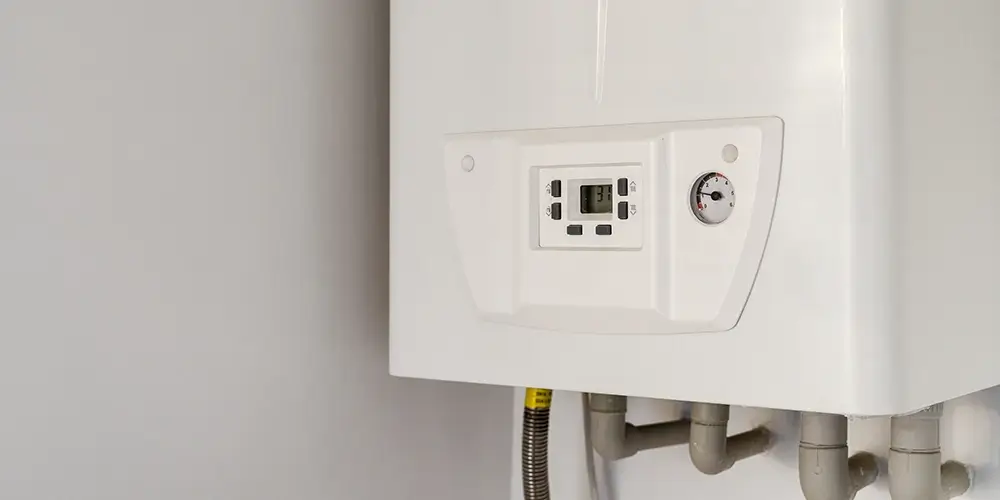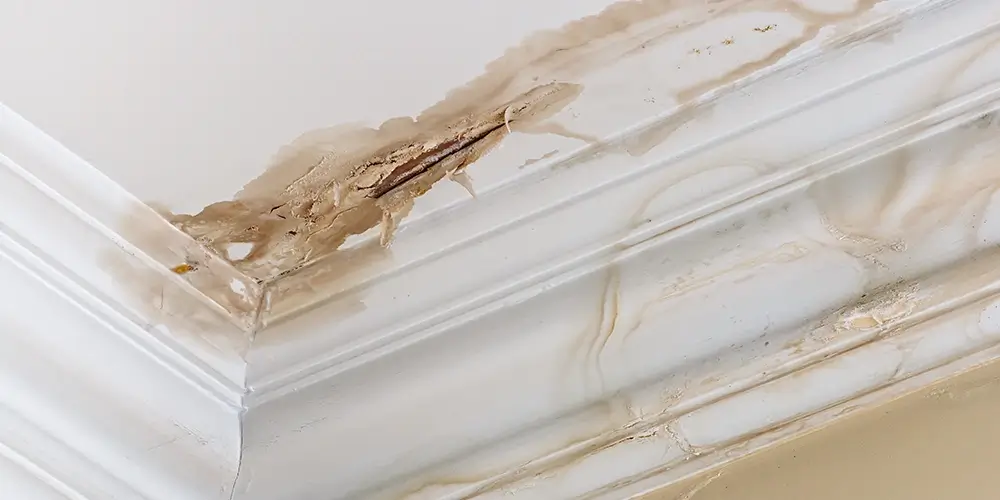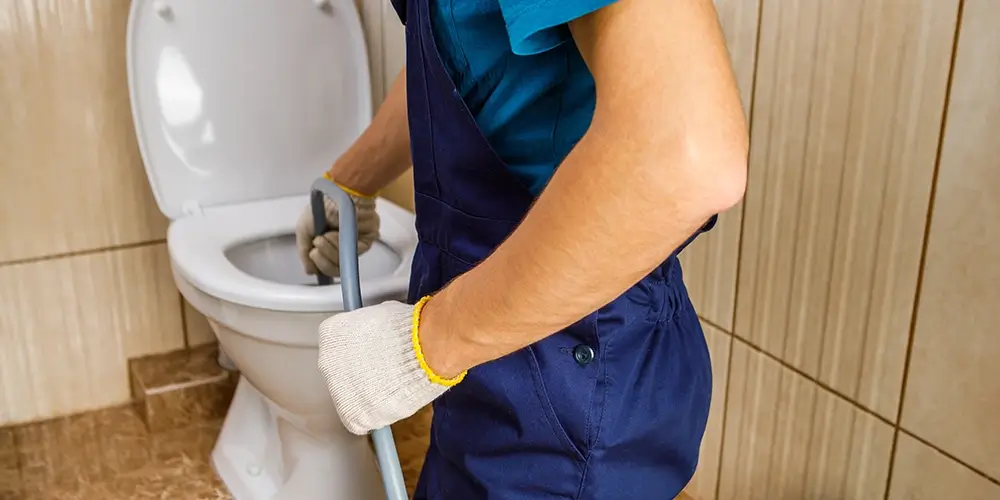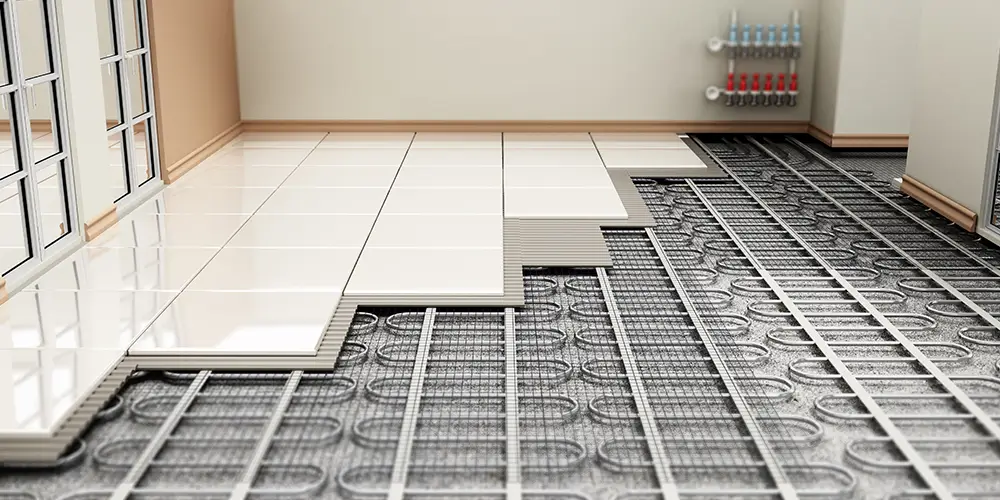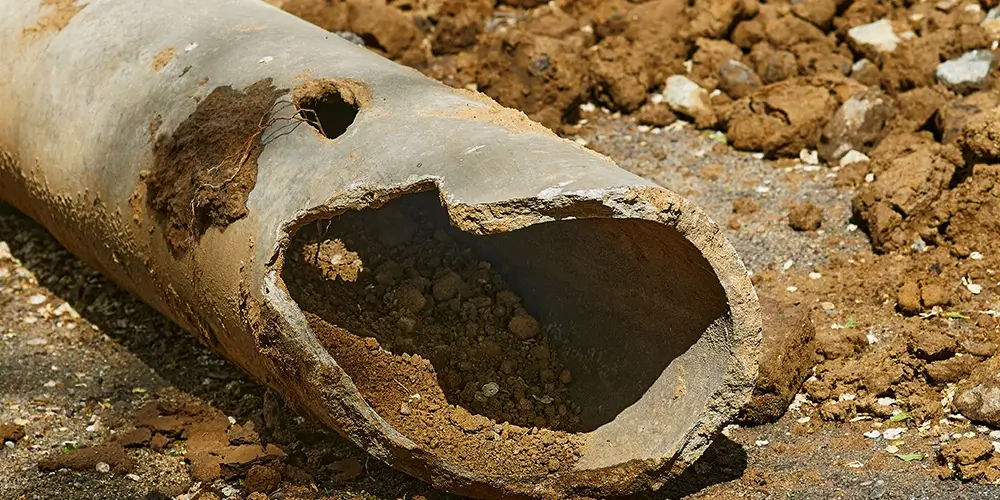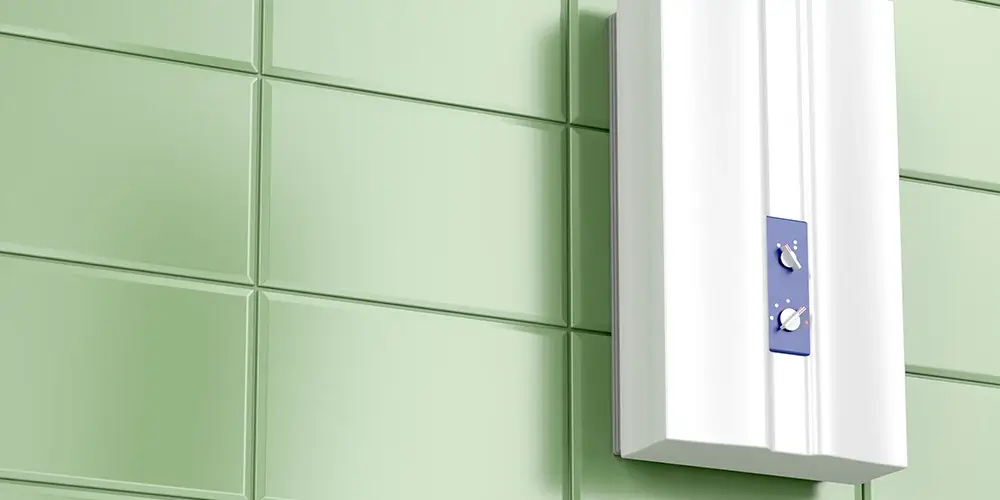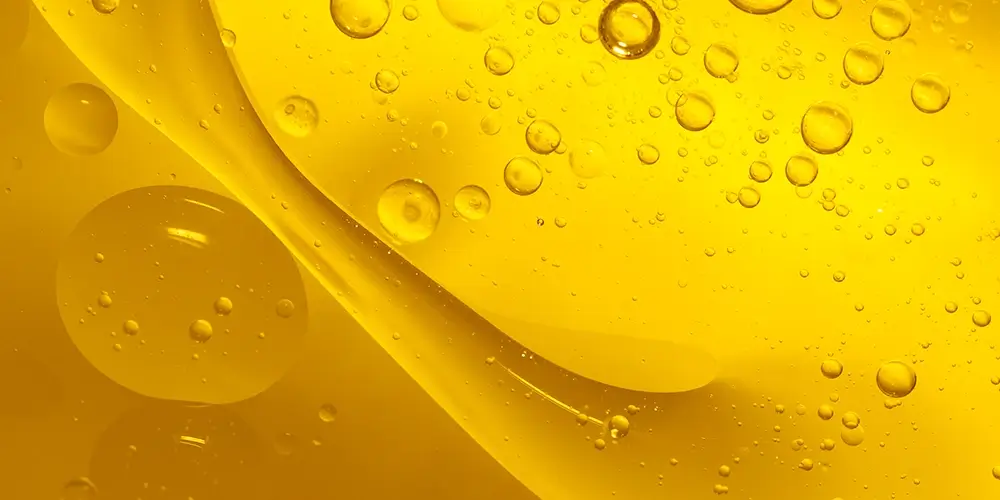All Things Plumbing & HVAC: The Orange Coast Plumbing Blog
Need to know what’s an emergency and which problems can wait? Which problems you can solve DIY? The Orange Coast Plumbing blog helps you understand common plumbing, heating, and air conditioning issues.
Unlike dishwashers, refrigerators, and ovens, water heaters are usually tucked away in a closet or some dark corner. It’s easy to forget about them until something goes wrong.
By then, you may be looking at costly repairs or even replacement. In a hard water zone like Southern California, neglecting your water heater leads to mineral buildup, compromising appliance life, efficiency, and your cherished hot water supply.
Water damage is one of the most common and costly problems homeowners face. From burst pipes to leaky appliances, water damage can wreak havoc on your home and cause thousands of dollars in repairs. That’s why it’s important to invest in an inline home water detector. These devices can detect leaks and shut off your water supply before any major damage occurs. One of the best inline home water detectors on the market is Flo by Moen.
The average person uses about 17 gallons per minute in the shower alone! That might not seem like a lot, but if you multiply that by minutes in your showers or baths each day, it starts to add up fast. The good news is that there are some easy ways to save water and money that you can start doing today.
Tankless water heater, continuous water heater, or instant water heater. These terms all describe the same thing: a powerful, compact water heater delivering near-instant hot water for as long as needed. Near-instant, virtually continuous, and without a water storage tank.
Tankless heaters are the latest and greatest water heaters on the market, and they offer an easy way to save energy, water, and money while boosting convenience and comfort. While they’re relatively new to the USA, the technology is nearly a century old.
But what if we told you there’s a simple and affordable way to keep your water bill low and detect even a pinhole leak anywhere in your plumbing system — before it causes significant damage?
We’re talking about a smart water leak detector, a Wi-Fi-enabled device that attaches to your plumbing and monitors water use in your home — including tiny increases in water use or activity in your pipes due to pinhole leaks.
The best of the breed is the Moen Flo Smart Water Monitor & Shutoff.
Buying a new water heater can be overwhelming. It’s not a question of finding one — that’s easy enough on the internet — but knowing what to buy.
In the old days of black-and-white TV, there was one water heater type—the old boiler-style tank heater—and your “choice” came down to size, fuel type, brand, and dealer. Even your brand choice was vanishingly small. Life was so much simpler then.
Some California cities have issued orders for all leaks to be fixed within 48 hours. These orders are enforced with notices and fines depending on the city and whether the leak is repaired within their timeframe. With the rising concerns about water usage and fear of fines, unless a leak is big and noticeable, how will you know you have one until it’s too late?
Hydro jet drain cleaning uses high-pressure water streams to clear clogged pipes and sewer lines.
A plumber inserts a pipe inspection camera into the line to locate the clog, then follows up with a hydro jet treatment.
Radiant heating uses infrared radiation to warm surfaces rather than the air in a room. It heats people and objects directly, like the sun’s infrared energy. A forced air furnace, in comparison, pushes hot air through ducts and vents into a room.
Radiant heating feels more natural than forced air, especially in areas with high ceilings or large open spaces, where traditional heating methods may struggle to maintain comfort. Radiant elements are warm to the touch but never hot enough to burn.
Sewer lines are under less pressure than water pipes. Their contents are slower moving.
Why, then, would they ever collapse? Yet they do with surprising frequency, and it’s always unpleasant when it happens.
The main selling point of tankless water heaters is unlimited, on-demand hot water. A tankless heater will cycle on only when you need hot water; nothing remains in the tank to corrode.
In an Orange County home, hot water from a conventional heater can travel through 80 feet or more pipe before reaching a shower nozzle or bathtub. And the heater takes up a closet-sized storage area. A tankless heater eliminates both problems.
Standard tank systems are cheaper to purchase, but you’ll pay for them with higher monthly water and energy bills, shorter appliance life, and the risk of leaks and tank collapse.
Yellow isn’t mellow — not when it concerns the hot water in your home.
But if hot water turns yellow, you should now know why it does and take corrective action.
Most hot water issues can be easily fixed with a professional plumbing service like Orange Coast Plumbing. So don’t delay — contact us as soon as possible to get your hot water back to normal!

